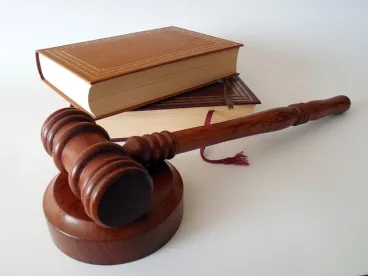Several weeks ago, ConsumerPrivacyWorld reported that the Seventh Circuit had affirmed a district court decision to remand a putative class action brought under Illinois’ Biometric Information Privacy Act (“BIPA”) to Illinois state court. In Thornley v. Clearview AI, No. 20-3249, 2021 U.S. App. LEXIS 1006 (7th Cir. Jan. 14, 2021), the Seventh Circuit found that the complaint alleged only a statutory violation, and did not allege any particularized injury – which was intentional and a permissible strategic choice, as Plaintiffs preferred to litigate in state court – and the case was remanded for lack of Article III standing to sue in federal court. Last week, the defendant, Clearview AI, filed a petition for rehearing, claiming that the complaint sufficiently alleges an injury in fact and that the Seventh Circuit’s holding conflicts with existing precedent on BIPA and on Spokeo.
Clearview first claimed that the complaint alleges a concrete and particularized injury in fact, giving Plaintiffs Article III standing. [As a quick reminder, to establish Article III standing, which is necessary to sue in federal court, plaintiffs must generally show: (1) a concrete injury in fact; (2) that the injury was caused by the defendant; and (3) that the injury would likely be redressed by the requested relief.] Plaintiffs had alleged a statutory violation of BIPA, section 15(c), which prevents a private entity from selling or profiting from an individual’s biometric data, on the basis of Clearview selling access to its digital database containing Plaintiffs’ biometric identifiers or information. Clearview argued that this allegation is concrete and particularized because the harm posed by having one’s personal information sold is experienced in a unique way, as each person has a private and possessory information in their own biometric data.
The petition also claims that the Seventh Circuit’s holding is inconsistent with existing precedent on BIPA and on Spokeo, Inc. v. Robins, 136 S. Ct. 1540 (2016), the Supreme Court case that found that Article III standing requires allegations of an injury in fact even where only a statutory violation has been alleged. Clearview claimed that, contrary to the Seventh Circuit’s finding, an alleged violation of BIPA section 15(c) is a type of statutory violation that necessarily gives rise to an injury in fact, given the risk of harm to the concrete privacy interest an individual has in their own biometric information. It pointed to other Seventh Circuit decisions that had interpreted different provisions of BIPA and found that the nature of the statutory violations alleged also alleged a concrete and particularized harm. With respect to Spokeo, Clearview pointed out the wide variety of case law interpreting the injury in fact requirement differently, as highlighted in Judge Hamilton’s concurrence in Thornley. It asked for rehearing or en banc review to clarify the law on what constitutes an injury in fact when a statutory violation is alleged.




 />i
/>i

